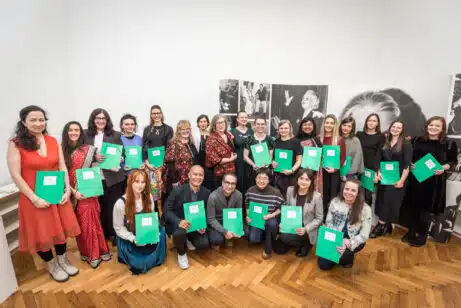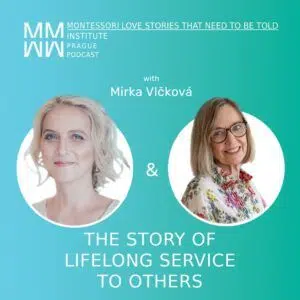Montessori Observation and Record keeping
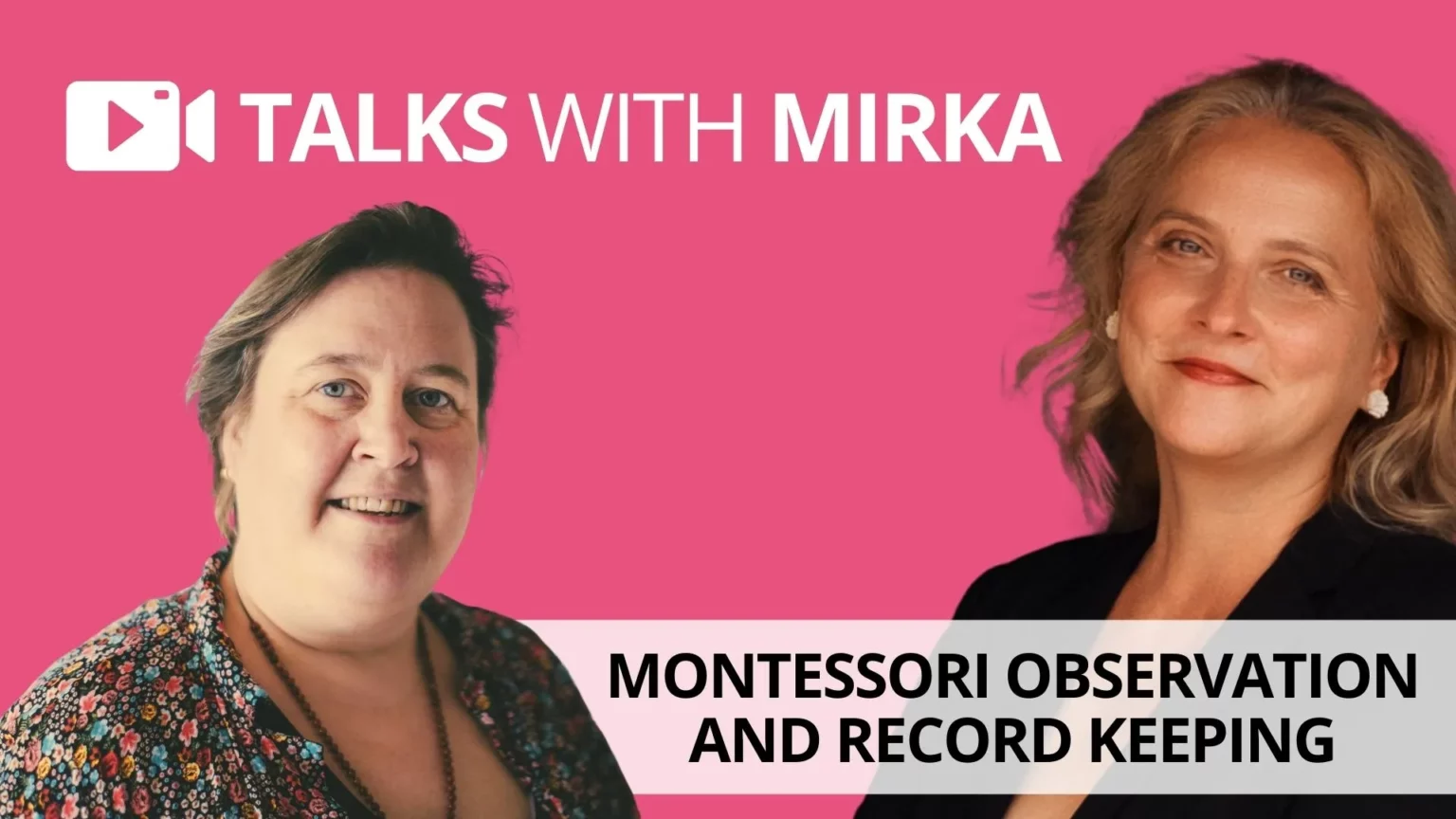
When I asked Madlena Ulrich, our AMI 3-6 Trainer, if the topic of our Talk with Mirka episode could be record-keeping, she replied, “I think observation is more important than record-keeping, although many people focus on the latter.”
There is so much for a Montessori guide to manage in their classroom. It seems crucially important that Montessori teachers develop strong observation and record-keeping habits right from the start. How can guides present materials to children, be fully present with and for them, manage the classroom, handle challenging situations, and, at the same time, observe and record their observations? Isn’t this nearly impossible?
If you watch our conversation with Madlena, you’ll understand the importance of knowing why we observe and why we keep records of our observations. There are things we absolutely need to know and things that are less critical. The most important aspect is to truly see each child daily and understand what they are interested in today.
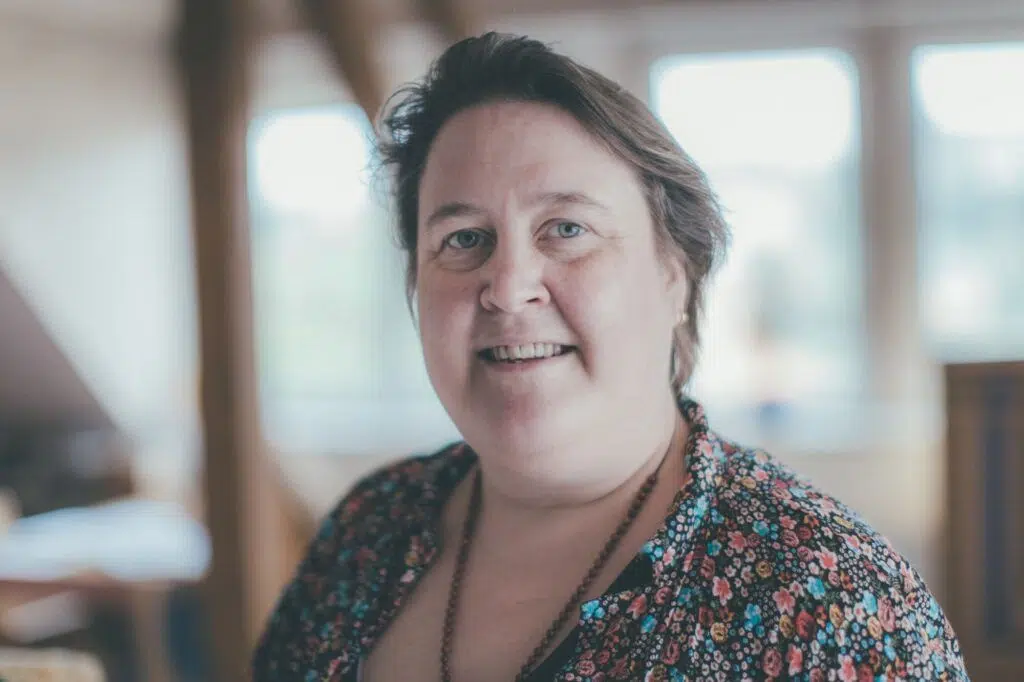
Combined with Montessori teacher training—which includes a thorough knowledge of each child’s developmental stages and how to support them through each stage, as well as knowing the materials, their sequence, and presentation—we are equipped to offer each child the exact presentation they need at a given moment.
First, we need to master observation skills, and as a result of this mastery, the art of record-keeping naturally follows. Once we understand why we observe, the ability to keep track of observations becomes second nature.
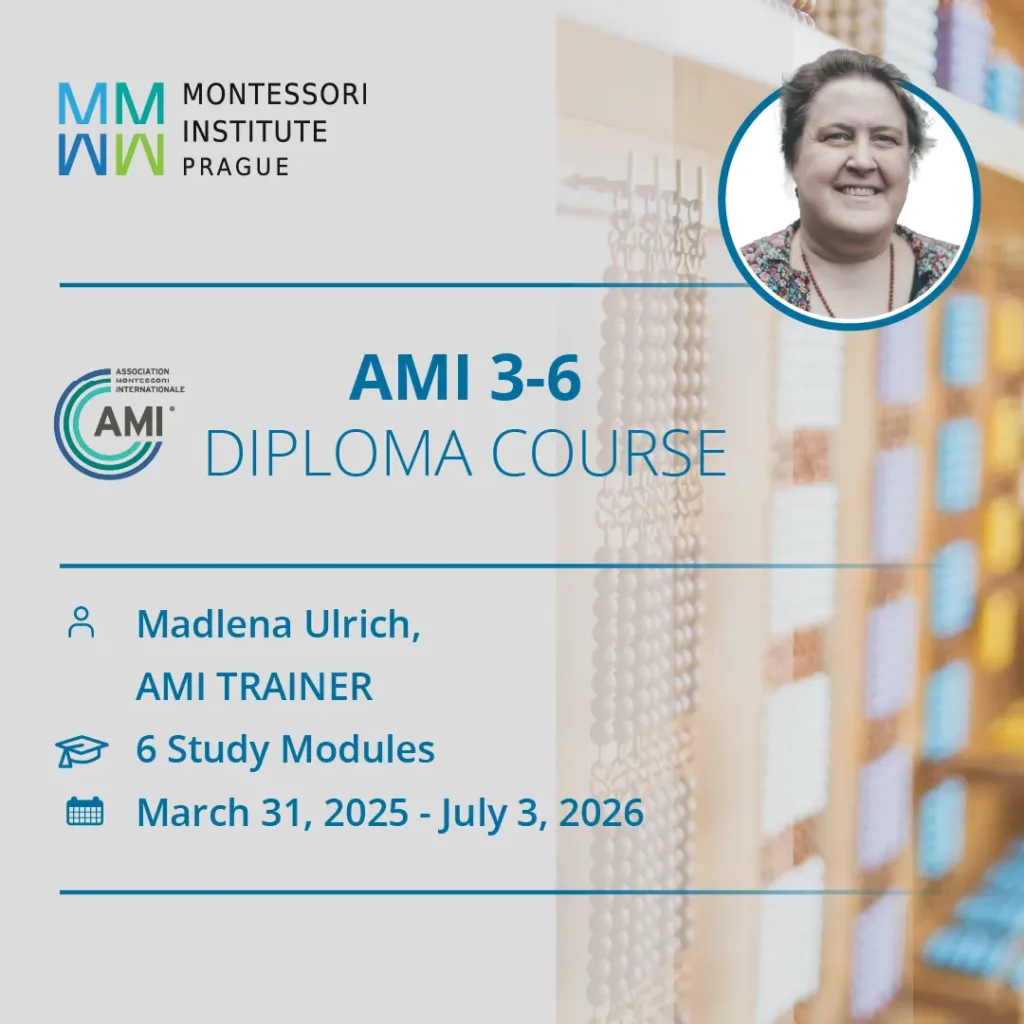
In the AMI 3-6 Diploma Course which is coming up in March 2025 (and it is a high time to secure your spot if you are planning to join us) Madlena Ulrich will dedicate many hours to helping future Montessori teachers understand key Montessori principles, including the purpose and process of observation. Students will complete 90 hours of observation in AMI Montessori classrooms, honing their skills in real-time.
Our graduates leave equipped with Montessori theory and philosophy, a holistic understanding of child development, and practical, everyday classroom tools and strategies.
We also guide our students in developing the self-confidence and inner balance needed to manage the many tasks a 3-6 Montessori guide undertakes. While it may feel like a guide needs to be an octopus with nine hands and three heads, it’s essential to slow down, be present with the children, and come to work each day excited to witness the progress and development unfolding.
Thank you, Madlena, for the inspiring conversation! If you’re interested in learning more about the diploma course, HERE is more information.
Related courses and materials:
- AMI 3-6 DIPLOMA COURSE under the guidance of Madlena Ulrich herself, starting in March, 2025
- Workshop recording: The Art of Observation: Seeing Is Believing with Karen Pearce

